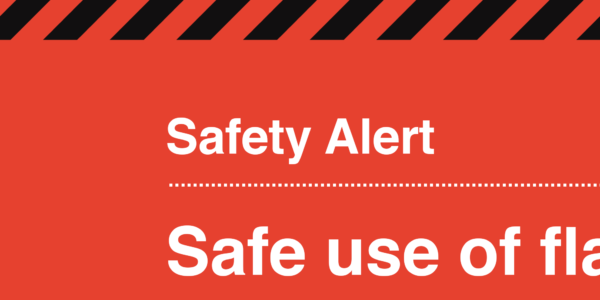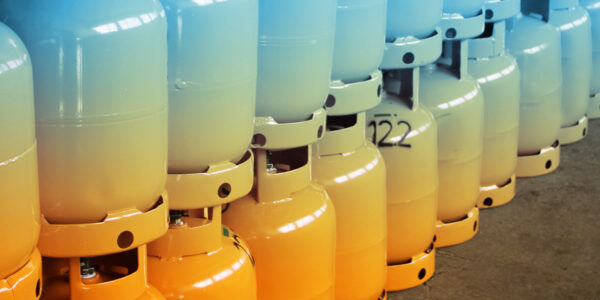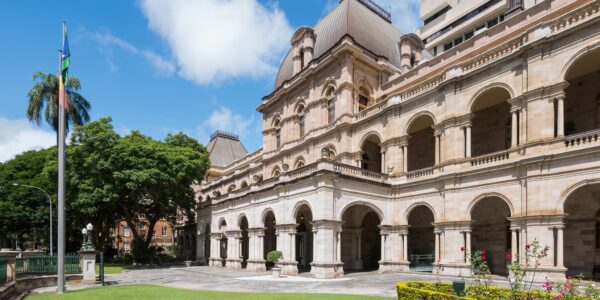Queensland hydrocarbon refrigerant regulation not stopping the rot
- PostedPublished 14 June 2015
Queensland VASA members are encountering hydrocarbon refrigerant use among their client base, including heavy transport firms contracted to the resources sector and large-scale farming businesses.

One example is a transport company that would use one VASA member’s workshop for three or four air conditioning jobs per week and provided a significant source of revenue.
A slowdown in work from that client over the last two summers was put down to the waning resources boom but on a visit to the company’s mechanical workshop, an employee noticed refrigerant gauges on a truck and a cylinder of hydrocarbon hooked up.
The VASA member in question – who wants to remain nameless – wasn’t asked to do a single air conditioning job for that company in question last summer and it looks like they are doing the work themselves with hydrocarbons.
Another client, a large Darling Downs based agricultural company for which the VASA member had done a few jobs for over the years, recently asked for some air conditioning work to be done.
But when the VASA member’s employee visited with a cylinder of R134a, the businesses owner insisted on the use of hydrocarbons.
Of course the VASA member refuses to work with hydrocarbons and their employee referred the client back to the boss, who explained the restrictions on these refrigerants in Queensland and highlighted the safety concerns.
The client didn’t care. He said he would do what he wanted on his farm and with his vehicle.
Eventually the client said the VASA member could finish the job but instructed them to leave the system empty of refrigerant so he could charge it himself with hydrocarbons.
Numerous VASA members have seen a decline in air conditioning work over the last couple of summers, largely caused by the dramatic increase to R134a prices during the Carbon Tax years.
Almost all believe the prohibitive cost led customers to do their own research on alternatives and DIY methods, leaving us with the situation we have today in which professional and licensed businesses are struggling against not only a downturn in air conditioning work but the problems caused by vehicles turning up with R134a contaminated by hydrocarbons.
“The reality is, you can buy hydrocarbon refrigerant easily in Queensland,” lamented one VASA member. “Suppliers to our industry are wholesaling it happily and it is advertised front-and-centre in some publications.”
We have all seen the internet forums in which worrying numbers of people are discussing DIY-ing their air conditioning systems with hydrocarbons and exchanging details of workshops that deal in hydrocarbons.
More often than not, these online exchanges are helped along by representatives of the hydrocarbon refrigerant industry, who also take the opportunity to take defamatory pot-shots at organisations like VASA that are opposed to the use of hydrocarbon refrigerants in equipment never designed for highly flammable substances and lacking all the relevant safeguards.
Every summer VASA members receive abuse from customers who call for a quote on a ‘re-gas’ and claim the advice given that the problem must first be diagnosed and solved before topping up the refrigerant is an attempt to “rip them off”.
One Queensland-based VASA member is pretty sure there are a couple of local mechanical workshops who previously outsourced their air conditioning work to them but are now doing it themselves using hydrocarbons. One of their employees reports that one place is offering a $77 ‘re-gas’.
A major concern is the increased use in heavy vehicles, especially those serving the resources sector where health and safety is paramount.
The transport company mentioned above has around 100 prime-movers and a similar number of trailers, mostly working as a contractor to the resources industry. “That industry may now be cutting corners in maintenance, but how much further does that go? These are contractors to companies with very strict health and safety procedures,” said the VASA member.
Consider the refrigerant charge size in a Kenworth prime-mover, travelling long distances at 100km/h, and the potentially dire consequences of a blast or fire happening to a fully-loaded semitrailer, B-double or road train on a busy stretch of road.
What if that prime-mover happened to be also towing dangerous goods?
In Queensland, a state supposedly insulated by regulation from the hydrocarbon menace, VASA members are wisely diversifying their businesses to ensure prosperity while the air conditioning side weathers this storm caused by the unregulated, unscrupulous and unsafe spread of highly flammable refrigerant.
It is damaging the viability and reputation of a whole industry.
- CategoriesIn SightGlass
- TagsFlammable refrigerants, Hydrocarbon refrigerants, SightGlass News Issue 2






